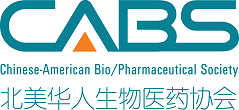Summary and Replay of Challenges After Re-opens: Will Massive Testing Be Our Safeguard?
Date: June 20, 2020 @ 2:00 pm – @ 4:30 pm
Location: Zoom Conference

Challenges After Re-opens: Will Massive Testing Be Our Safeguard?
US Pacific Time: Jun 20th, 2020, 2:00pm-4:30pm
Click HERE to see the webinar recording
On June 20, 2020, the Chinese American Biopharmaceutical Society (CABS) successfully hosted the webinar “challenges after re-opens: will massive testing be our safeguard? ”. The event was co-organized by the Gracious Life Foundation (GLF). Six invited panelists include industry leaders from Bio-techne, BGI Group, Twist Bioscience, as well as academic researchers from University of Texas, Carnegie Mellon University, and Johns Hopkins University. Presentations and panel discussions focused on existing and innovative tests, including high throughput PCR testing, antibody testing and point-of-care testing capabilities, and their potentials on achieving widespread availability of rapid, efficient COVID-19 diagnostics. The webinar attracted more than 130 life sciences professionals to attend.
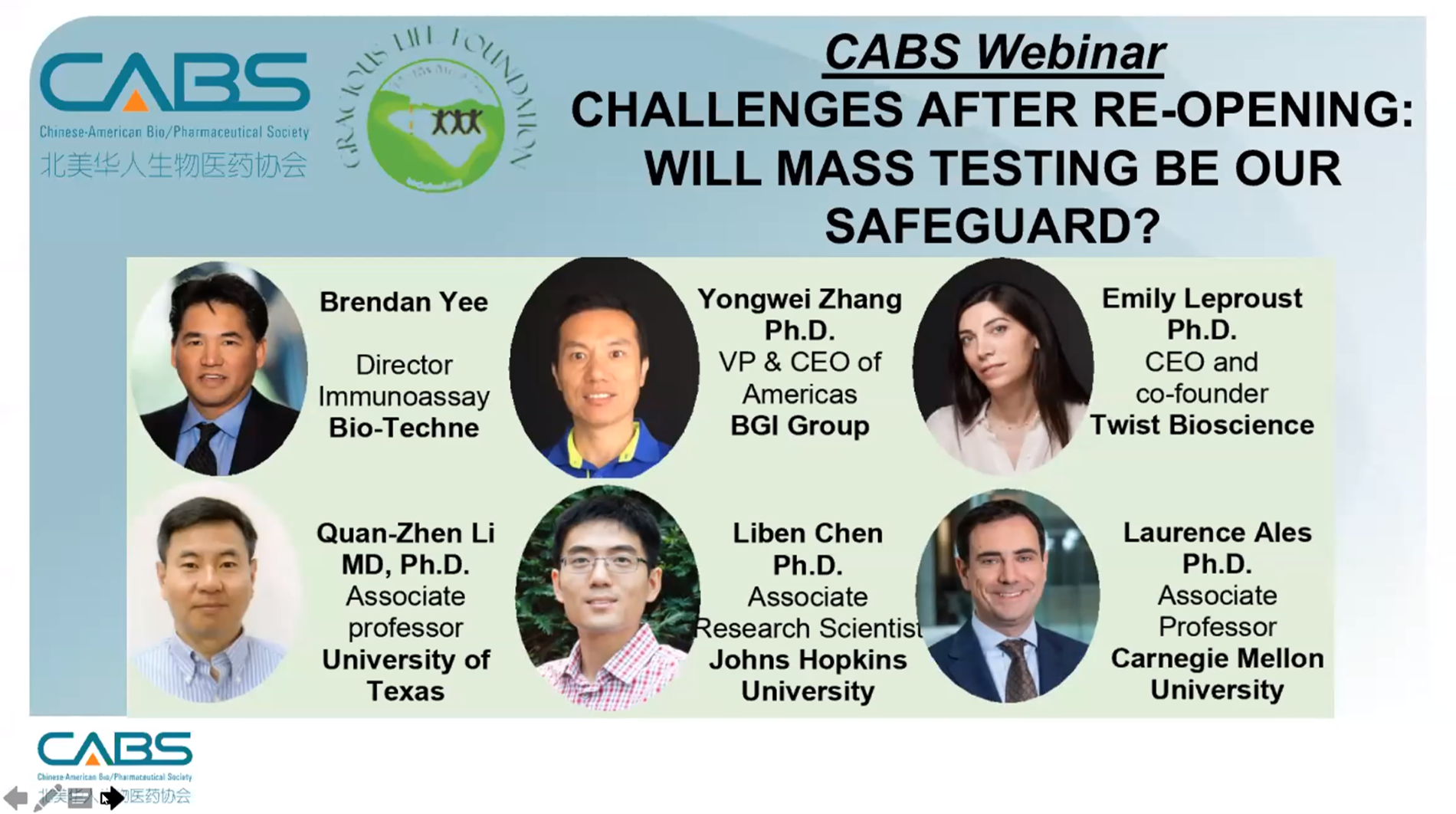
Quan-Zhen Li, MD, Ph.D.
Associate professor, University of Texas
Dr. Li outlined the current state of molecular and immunological testing for SARS-CoV-2, including nucleic acid, antigen, and antibody testing methods. He also described the possibility of using protein arrays as a multiplex platform for testing numerous antigens in parallel with high sensitivity.
Emily Leproust, Ph.D.
CEO and co-founder, Twist Biosciences
Dr. Leproust gave an overview of products from Twist Biosciences that are dedicated to the testing and diagnosis of SARS-CoV-2. These included synthetic viral RNA controls for validation of diagnostic tests, a SARS-CoV2 research panel for NGS target enrichment to track mutations in the CoV2 genome, and an immunological assay for S1 and ACE2 proteins using antibodies discovered in-house.
Brendan Yee
Director of Immunoassays, Bio-Techne
Mr. Yee described the SARS-CoV-2 serology test that Bio-Techne will be manufacturing through their partnership with Mount Sinai Hospital and Kantaro. The test, a two-phase ELISA assay to assess presence of two proteins unique to SARS-CoV2, was developed by the Icahn School of Medicine and has been performed on over 40,000 SARS-CoV2 patients at Mount Sinai. He also mentioned Bio-Techne’s ELLA Cytokine Storm Panel, an automated ELISA system that will measure cytokine levels in patients to determine when their disease has reached a critical point.
Liben Chen, Ph.D.
Associate Research Scientist, Johns Hopkins University
Dr. Chen detailed the magneto fluidics based PROMPT system, designed to address many of the problems present in SARS-CoV-2 testing today. PROMPT would utilize automated qPCR on microfluidics cartridges, providing diagnosis results in just 15-20 minutes while maintaining a very low cost. It is currently pending EUA approval, and will hopefully deploy to various departments in the Johns Hopkins medical system this summer.
Yongwei Zhang, Ph.D.
VP & CEO of Americas, BGI Group
Dr. Zhang discussed BGI’s various solutions and efforts for SARS-CoV2 testing. BGI’s first diagnostic RT-PCR kit was created in Wuhan just 1-2 weeks after the initial outbreak, and was one of the first such tests ever developed. Their other products include the MGISP-869, an automated system using magnetic beads to extract DNA from patient samples.
Laurence Ales, Ph.D.
Associate Professor of Economics, Carnegie Mellon University
Dr. Ales spoke on the global economic repercussions of the COVID-19 pandemic, especially in regards to its impact on consumer behavior. Due to the colossal effect of COVID-19 on the lives of individuals worldwide, pandemic fears will likely play a large role in the economies of countries such as the United States for the foreseeable future. Dr. Ales is currently leading a large scale study to elucidate these effects and determine a viable road to economic recovery.
We sincerely thank all the speakers, GLF co-organizer (Weixin Chen), CABS volunteers, Zoom and the Beijing WellBeing Foundation for their time and support.

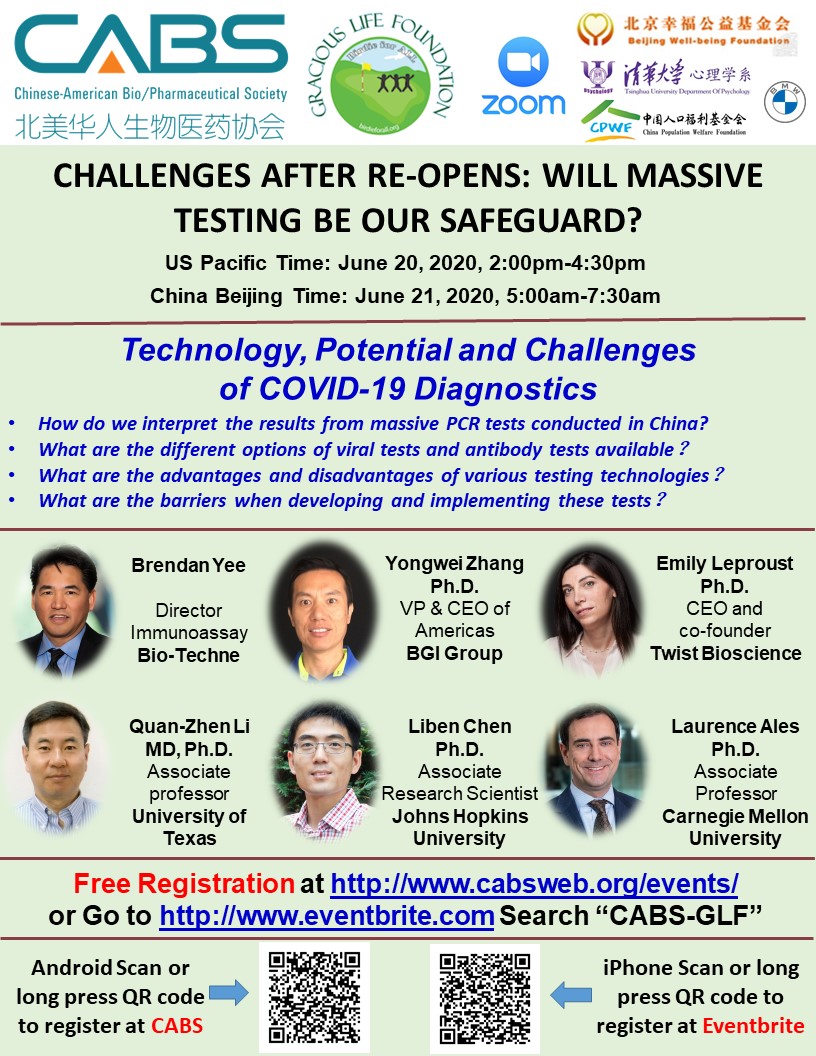

Speakers' Bio
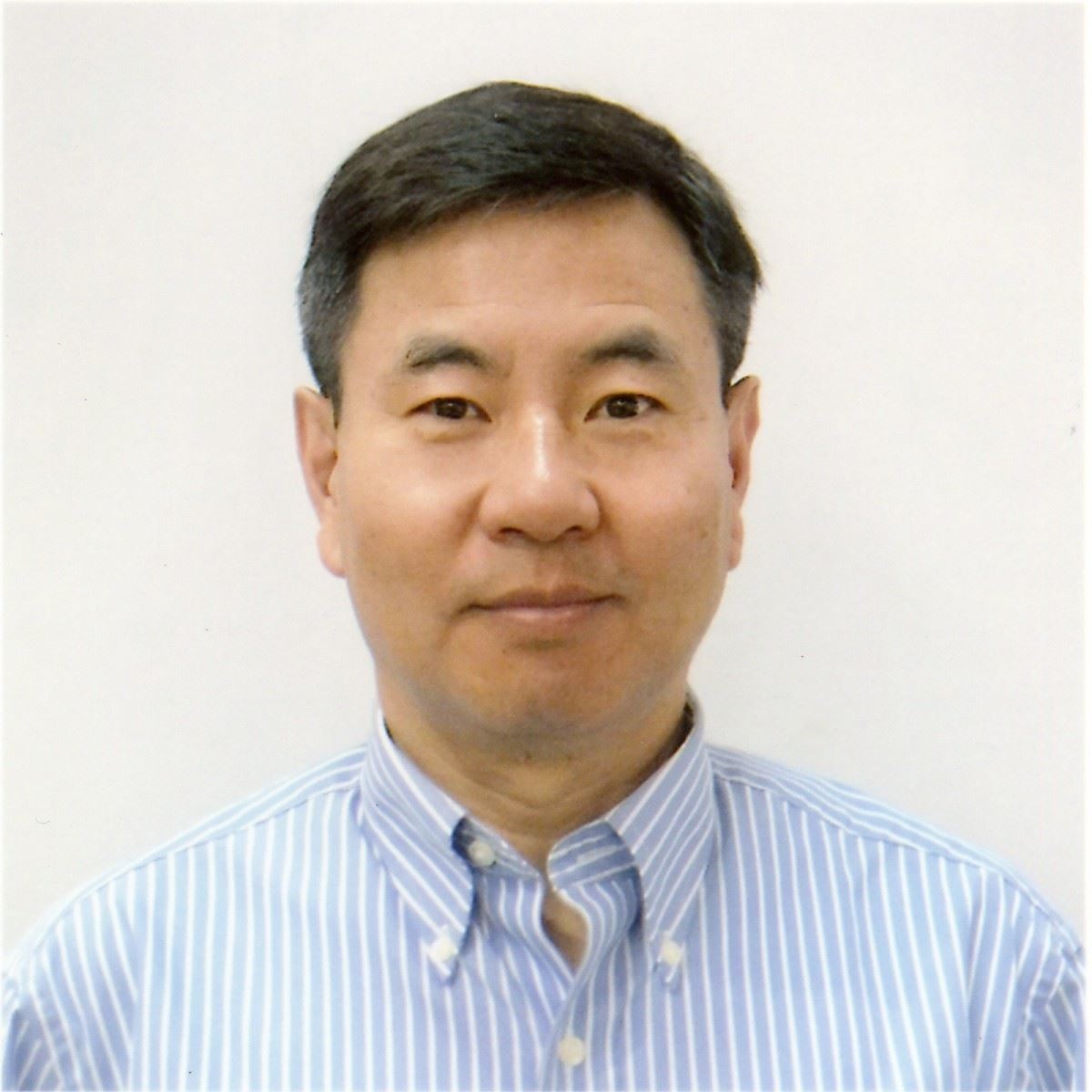
Quan-Zhen Li, MD, PhD
Associate professor of Department of Immunology and Internal Medicine, University of Texas Southwestern Medical Center, Dallas, TX, USA
Dr. Li obtained his Medical Doctor’s degree from the Third Military Medical University in 1984 and PhD degree from Sun Yet-Sun University in 1993. He had his post-doctoral training in Depart of Pathology, University of Florida (1999-2001) and Department of Immunology, University of Texas Southwestern Medical Center (UTSW) (2001-2004). Dr. Li joined the faculty of UTSW in 2004 and now is an Associate professor of Department of Immunology and Internal Medicine of UTSW. He served as the co-director of the Microarray and Genomics Core facility in UTSW since 2004. His main research focuses are the genetics and molecular mechanisms on autoimmunity and autoimmune diseases. He has published over 100 peer reviewed research articles and reviews.
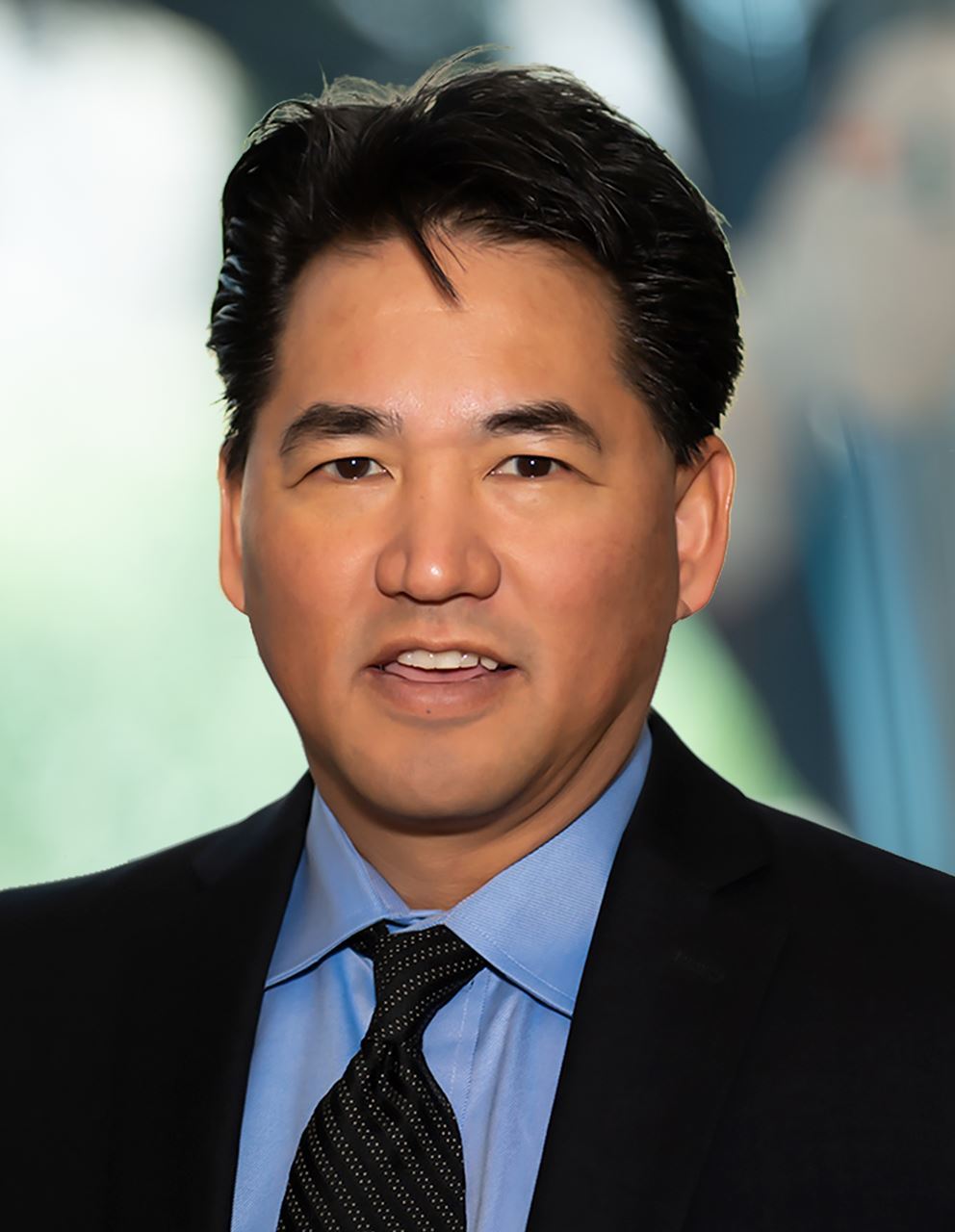
Brendan Yee,
Director, Immunoassay, Bio-Techne
Experienced biotechnology leader with over 30 years of experience directing product development and commercialization efforts to support genomic, proteomic, and cellular research in the life science and clinical markets. Prior to directing Bio-Techne’s efforts for their various immunoassay platforms, Brendan directed the development and commercialization of several familiar research platforms at Affymetrix, Beckman Coulter, and Bio-Rad Laboratories Brendan will discuss the automated immunoassay platform offered by Bio-Techne that is actively supporting COVID-19 research for patients that are affected by Cytokine Storm.
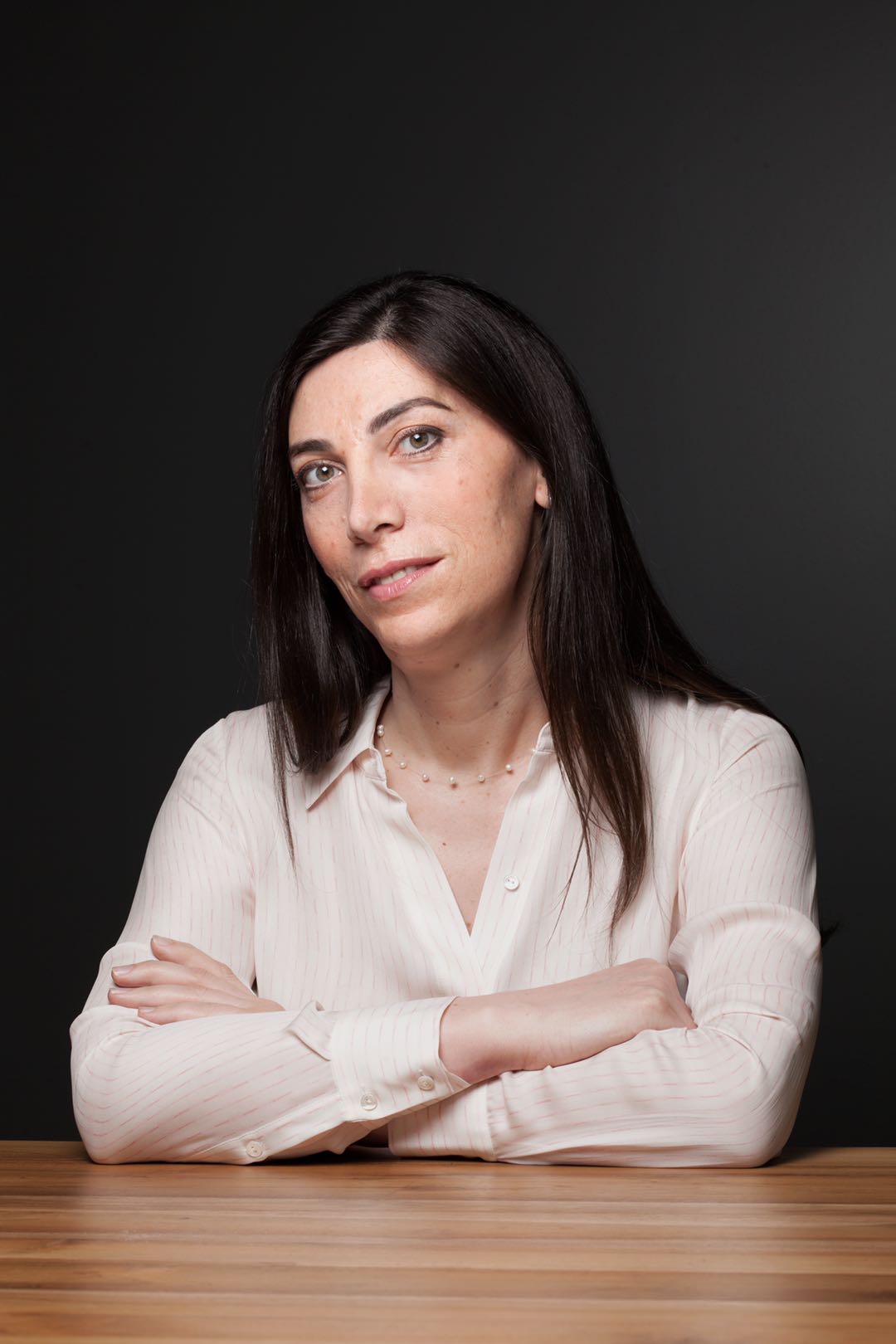 Emily Leproust, Ph.D.
Emily Leproust, Ph.D.
CEO and co-founder, Twist Bioscience
As an early pioneer in the high-throughput synthesis and sequencing of DNA, Dr. Leproust is disrupting the process of gene synthesis to enable the exponential growth of synthetic biology applications in multiple fields including medicine, DNA data storage, agricultural biology, and industrial chemicals. In 2015, she was named one of Foreign Policy’s 100 Leading Global Thinkers for fast-tracking the building blocks of life, and Fast Company named her one of the most creative people in business for synthesizing DNA faster than ever. Prior to Twist Bioscience, she held escalating positions at Agilent Technologies where she architected the successful SureSelect product line that lowered the cost of sequencing and elucidated mechanisms responsible for dozens of Mendelian diseases. She also developed the Oligo Library Synthesis technology, where she initiated and led product and business development activities for the team. Dr. Leproust designed and developed multiple commercial synthesis platforms to streamline microarray manufacturing and fabrication. Prior to Agilent, she worked with Dr. X. Gao at the University of Houston developing DNA and RNA parallel synthesis processes on solid support, a project developed commercially by Xeotron Corporation. Dr. Leproust has published over 30 peer-reviewed papers—many on applications of synthetic DNA, and is the author of numerous patents. She earned her Ph.D. in organic chemistry from the University of Houston and her M.Sc. in industrial chemistry from the Lyon School of Industrial Chemistry in France.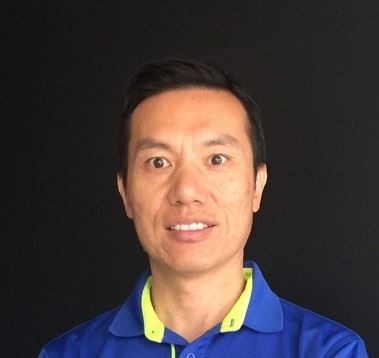
Yongwei Zhang, Ph.D.
BGI Group VP & CEO of Americas
Yongwei serves as Group VP of BGI-Shenzhen (华大集团副总裁), one of world’s largest genomics service companies. He is also CEO of BGI Americas Region and leads BGI’s COVID-19 related businesses in Americas. Dr. Zhang has over 20 years of experience in optics-based instruments and systems. Prior to BGI, he worked in various high tech startups in Bay Area including one he co-founded. Dr. Zhang received his B. Eng in Precision Instruments and B.Sc. in Applied Mathematics from Tsinghua University in Beijing, M.S. in Computer Sciences, M.S. and Ph.D. in Mechanical Engineering from The Johns Hopkins University in Baltimore, MD.
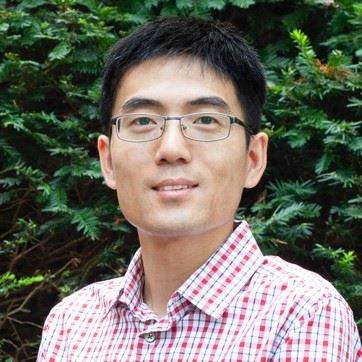
Liben Chen, Ph.D.
Associate Research Scientist at Johns Hopkins University
Dr. Liben Chen is an Associate Research Scientist at Johns Hopkins University, Baltimore, MD. Dr. Chen received his Doctor of Veterinary Medicine degree from Huazhong Agricultural University in 2005 and obtained his Ph.D. degree from China Agricultural University in 2010. Prior to Johns Hopkins University, he worked at the Beijing Center for Animal Disease Control and Prevention, where his primary work was to develop rapid diagnostic tools for animal infectious diseases. In 2015, Dr. Chen joined the research faculty of Johns Hopkins University Whiting School of Engineering, where his research focuses on developing technology platforms for fast diagnosis of bacterial and viral infections.
 Laurence Ales, Ph.D.
Laurence Ales, Ph.D.
Associate Professor of Economics, Tepper School of Business, Carnegie Mellon University
Dr. Laurence Ales is an Associate Professor of Economics at Carnegie Mellon University’s Tepper School of Business. His research focuses on the study of inequality and the design of tax policy. Recent work has analyzed how to tax the labor income of highly paid CEOs and how the income tax schedule should change over time due to polarizing technical change. Current projects study the impact that future disruptive technologies will have on labor markets and determine the best response of policy makers in the form of tax subsidies and migration assistance. Ales joined Carnegie Mellon University in 2008. Before joining Carnegie Mellon, Ales completed his PhD in economics at the University of Minnesota and attended the University of Rome, Tor Vergata, where he received his bachelor’s degree in Physics.

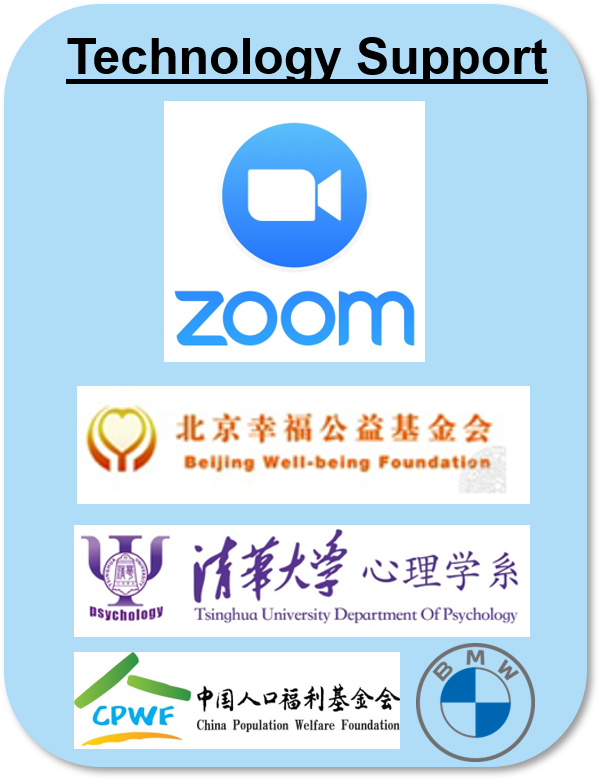
Zoom Access Link will be sent to your registration email before the webinar
.
